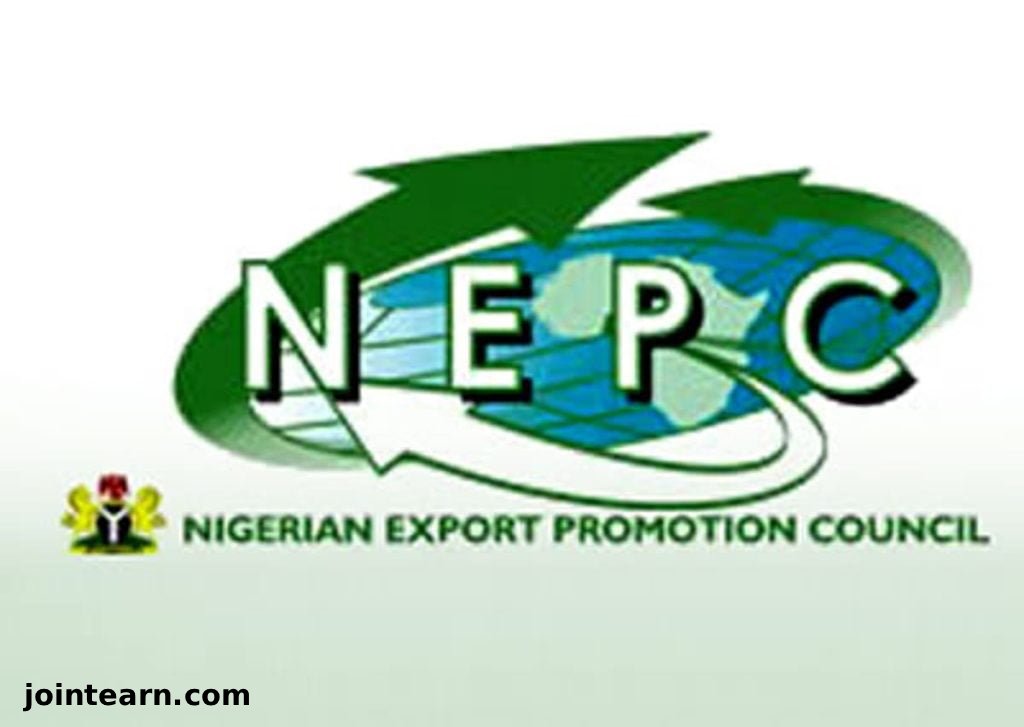
The Nigerian Export Promotion Council (NEPC) has stepped up efforts to eliminate the use of paraquat, a highly toxic herbicide banned in several countries, in Nigerian sesame production.
This move follows warnings from international buyers over chemical contamination in Nigerian exports. Reports by the Japan Oil & Fat Importers & Exporters Association (JOFIEA) and Japanese authorities indicated excessive paraquat residues in recent shipments, prompting threats to halt purchases. Similar alerts were also issued by the European Union’s Rapid Alert System for Food and Feed (RASFF), highlighting repeated incidents of chemical contamination and Salmonella in sesame consignments destined for countries including Greece, Germany, Poland, Latvia, Spain, and Belgium.
To tackle the issue, NEPC’s Product Development Department organized a Sensitization and Awareness Programme on Good Agricultural Practices (GAP), Good Handling Practices (GHP), Good Storage Practices (GSP), and Sanitary and Phytosanitary Standards (SPS) over the weekend in Jalingo, Taraba State. The event, held at the NULGE House Conference Hall, brought together key stakeholders including officials from NAFDAC, SON, RMRDC, NSSAN, representatives from state ministries, traditional rulers, farmers’ groups, and the media.
Speaking at the forum, NEPC Director of Product Development Macphetson Fred-Ileogben, represented by the Executive Director/CEO, emphasized the urgent need to eliminate paraquat use:
“The future of our sesame export market depends on strict adherence to international standards. We must work together to ensure Nigerian sesame remains competitive and safe for consumers worldwide.”
As part of the campaign, the NEPC delegation visited Galadima of Muri and the village head of Sunkani in Ardo Kola Local Government Area, major sesame-producing communities known for paraquat use, locally called “Sharp Sharp.” Both leaders pledged support in sensitizing farmers and promoting compliance with safer agricultural practices.
The NEPC reaffirmed its commitment to protecting Nigeria’s export markets and promoting sustainable, globally accepted agricultural methods.


Leave a Reply